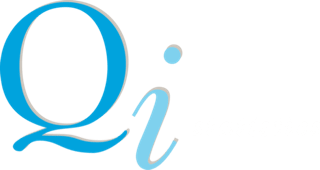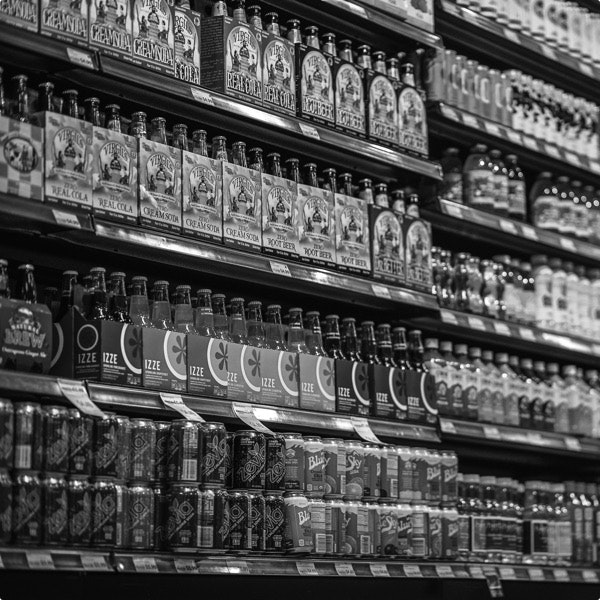Experimental Design for Product Reformulation, Optimisation and Preference Modelling
Product code: CON2-2

Duration: 1 -3 days
The course shows how statistical packages for experimental design in a manufacturing environment can be adapted for application to experiments using data collected from consumer tests or sensory panels, where the main source of variation is in the response measurement rather than sample variation.
Pre-requisite
A knowledge of basic statistical analysis of sensory and consumer test data is recommended before taking this course.
Course Summary
This course provides hands-on training in experimental design (DoE) for researchers and new product developers who need to understand how product components work together to influence consumers and to optimise performance characteristics. Directed towards the analysis of data from consumer and sensory trials, we cover the application of classical design techniques to preference mapping and liking optimisation.
Software
A statistics package with DOE functionality is required to take part in the workshops and put into practice the techniques discussed. We recommend Design Expert, JMP® or MINITAB but can advise on suitability of other software packages.
Flexibility
We can customise the module content to meet specific requirements. Modules 1-4 cover the adaptation of experimental design software to the consumer science environment
Course Content (half day modules)
Module 1
Exploring Ingredient and Process Functionality using DoE Introduction
- Introduction to Experimental design, why is it so important? What are the advantages of the approach.
- Contexts for use, product data, sensory data, consumer responses.
- Factorial designs and analysis, statistical and graphical assessment of effects, interpretation of interactions
- Model selection techniques
Module 2
Designing Experiments For Data Collection Using Sensory Panels And Consumer Tests.
- How to set up and analyse experiment to allow for measurement uncertainties inherent in sensory and consumer data
Power
- Investigating the power of an experimental design
Exploring Process Functionality using Fractional designs
- What if we want to investigate lots of factors but can’t afford a full experiment?
- Introduction to fractional designs – benefits and risks of these approaches
- Exercises in generating fractional process designs
- Analysis of fractional designs
Module 3
Product, Process and Package Optimisation
- Response Surface designs aims and applications
- Exercises in generating optimisation designs
- Analysis and display of models for optimising consumer response.
- Contour plots, Response surface plots
- Presentation and decision making, optimising for both cost and quality
- Optimisation– desirability measures and interpretation
Module 4
D Optimality
- D-Optimality concepts
- Generating a design to a fixed sample size.
- Evaluating the design
Mixture Designs
- Introduction to simple mixture designs , designing within mixture constraints, model fitting and graphical interpretation
Module 5
Further Topics
I can’t control my factors – what can I do?
- Identifying factors in multivariate data
- Principal Components with rotation.
- Taking the factors into design software and analysing as an experimental design
Consumer Test Applications
- Using D-Optimal designs to select an optimal subset of products from the sensory profile for consumer testing
- Designing the product test and designing the consumer test
External Preference Mapping
- Modelling consumer responses based on sensory product data to identify the optimal product. Preference mapping in multiple dimensions using experimental design software
Now I’ve found the optimal product – how do I make it?
- How to predict properties of the most desired product
Conjoint Analysis
- Applications of experimental design to concept testing: motivations and purpose.
- Conjoint analysis jargon
Applications and example



